Insights, Analysis and more
Feed your brain! Discover some mind-blowing facts and figures about dropshipping, ecommerce, digital marketing, social media and beyond.



Feed your brain! Discover some mind-blowing facts and figures about dropshipping, ecommerce, digital marketing, social media and beyond.



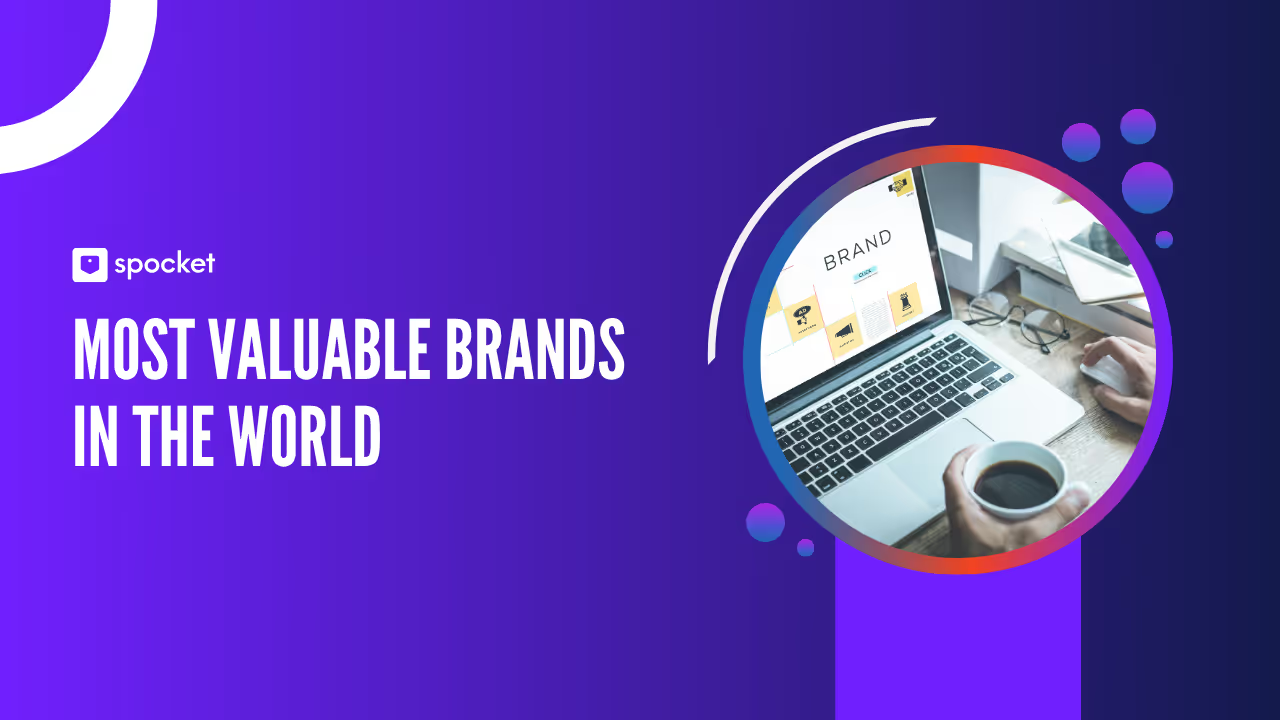
Do you want to learn about the most valuable brands in the world? It doesn’t matter whether you like technology, food, healthcare, shopping, or anything else. There’s a reason why these brands are popular. And we will reveal why soon.
In 2025, the world's most valuable brands collectively reached $9.5 trillion, and that’s a lot of revenue!
These brands are valuable because they are doing something right. Whether you want to learn about how these brands capitalized market investments, delivered new products/services, or how they win over customers, you will get a ton of insights.
Let’s check out the most valuable brands in 2025 now. Consumers love them and for good reasons why. Here’s the list:
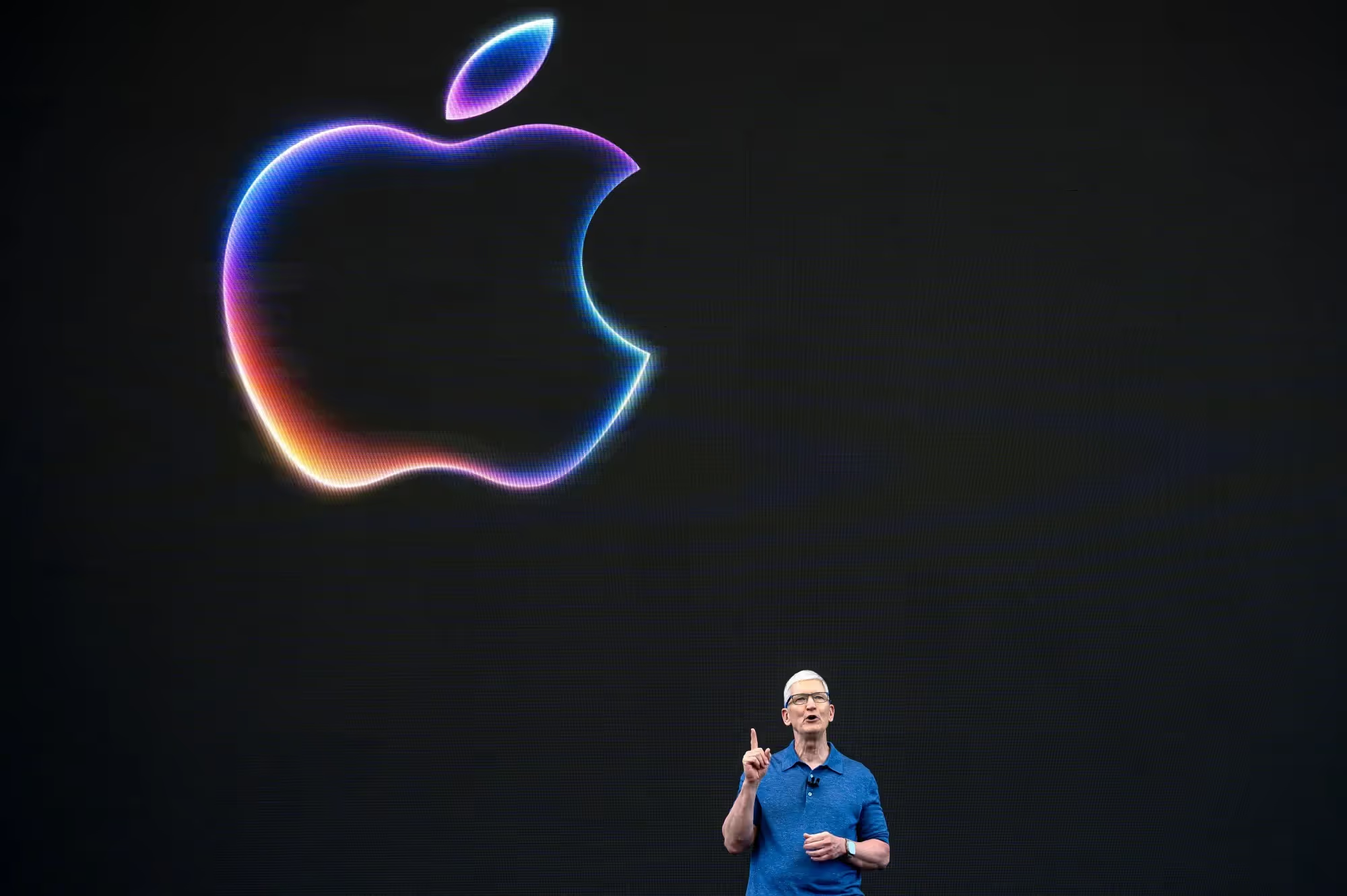
Apple maintains its position as the world's most valuable brand with a staggering valuation of $574.5 billion, representing an 11% increase from 2024. The tech giant's success stems from its integrated ecosystem approach, seamlessly connecting hardware, software, and services in ways that create exceptional user experiences and foster deep customer loyalty. Despite facing sluggish iPhone sales in certain markets, Apple added $57.9 billion to its brand value through strategic diversification into services, wearables, and emerging technologies.
The brand's strength lies in its ability to maintain premium positioning while expanding market reach. With 80% global brand familiarity and 45% consideration rates among consumers, Apple continues to set industry standards for design innovation and user experience. The company's commitment to privacy, sustainability, and accessibility has resonated strongly with consumers, particularly in younger demographics who value brands that align with their personal values.
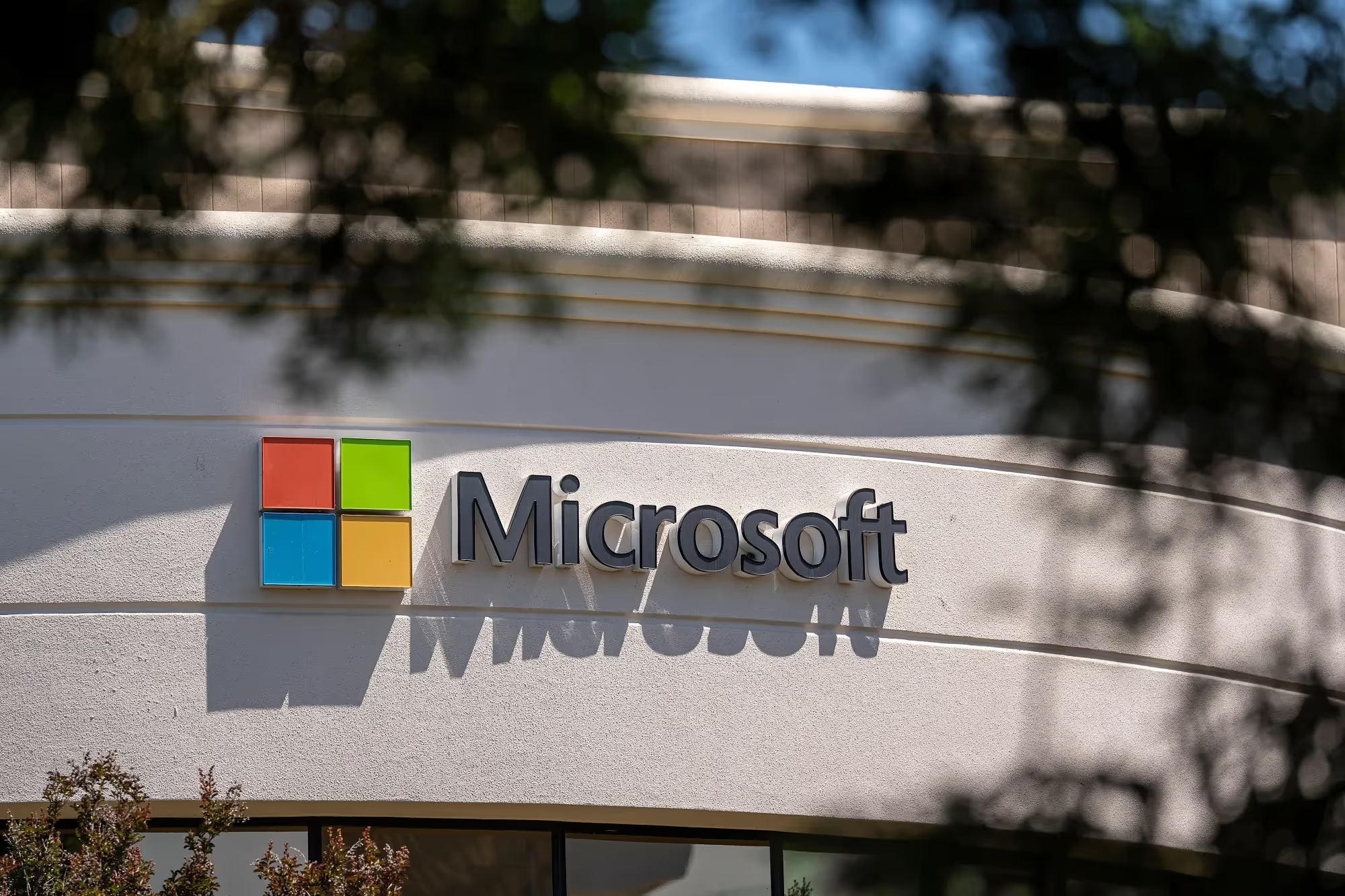
Microsoft has experienced remarkable growth, reaching a brand value of $461.1 billion with an impressive 35% year-over-year increase. The company's successful transformation from a traditional software provider to a cloud-first, AI-driven enterprise solution leader exemplifies strategic reinvention at its finest. Microsoft's dominance in productivity tools, cloud services through Azure, and recent AI integration has positioned it as an indispensable partner for businesses worldwide.
The brand's strength extends beyond enterprise solutions to include gaming through Xbox, professional networking via LinkedIn, and consumer productivity applications. Microsoft's ability to adapt to changing work patterns, particularly the shift to remote and hybrid work models, has solidified its relevance and market position. The company's commitment to becoming carbon negative by 2030 further enhances its appeal to environmentally conscious consumers and businesses.
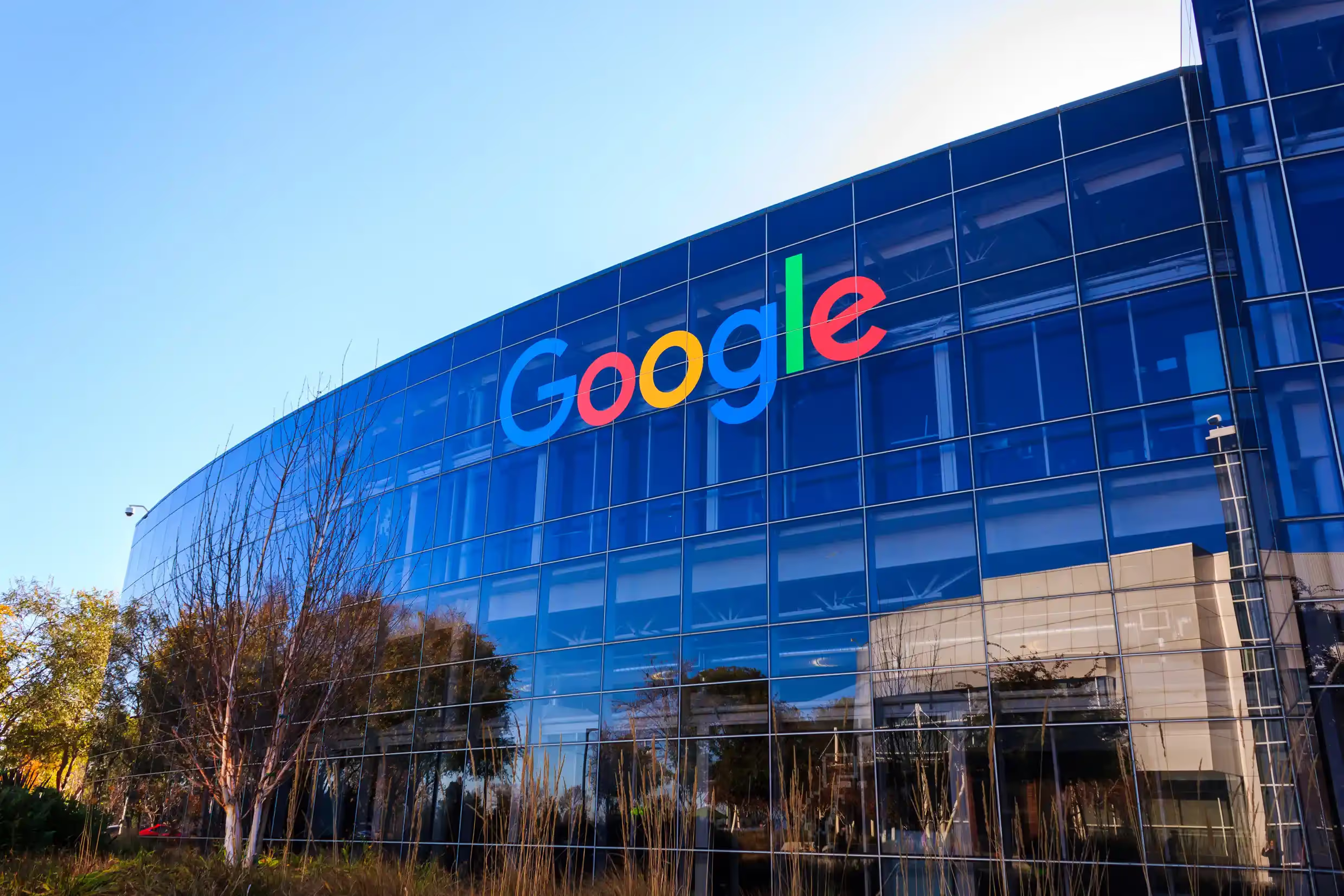
Google maintains its position as the third most valuable brand globally, with a valuation of $413.0 billion and a 24% growth rate. The search giant's vast reach across digital advertising, cloud computing, artificial intelligence, and consumer services creates an unmatched data advantage that competitors struggle to replicate. Google's ability to monetize information while providing free services to billions of users represents one of the most successful business models in modern history.
The brand's ecosystem spans from essential services like Search and Gmail to innovative products like Google Workspace and Google Cloud Platform. YouTube, Google’s Veo 3 video generation has gained a lot of attention online from content creators and filmmakers. Also, it is giving away Gemini Pro to students for free for a year!
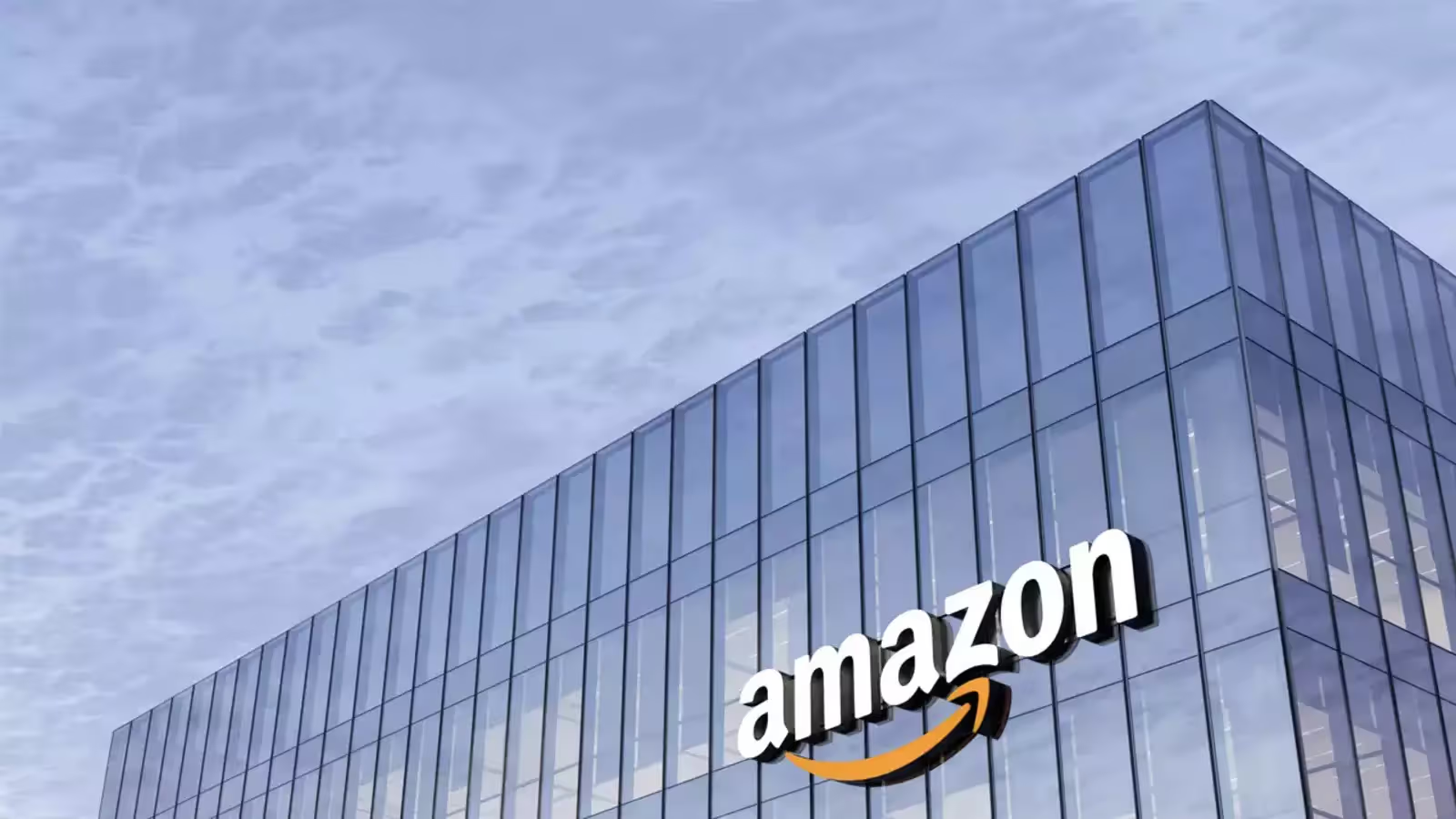
Amazon's brand value of $356.4 billion, with a 15% increase, reflects its evolution from an online bookstore to a global commerce and technology powerhouse. The company's success stems from its relentless focus on customer obsession, operational excellence, and long-term thinking. Amazon Web Services (AWS) has become the backbone of internet infrastructure, while its e-commerce platform continues to set standards for convenience, selection, and delivery speed.
Amazon is also known for its work in logistics, artificial intelligence, voice computing with Alexa, and entertainment through Prime Video. Amazon's ability to enter new markets and disrupt established industries has made it both admired and feared by competitors. Amazon’s Climate Pledge also resonated a lot with modern consumers.
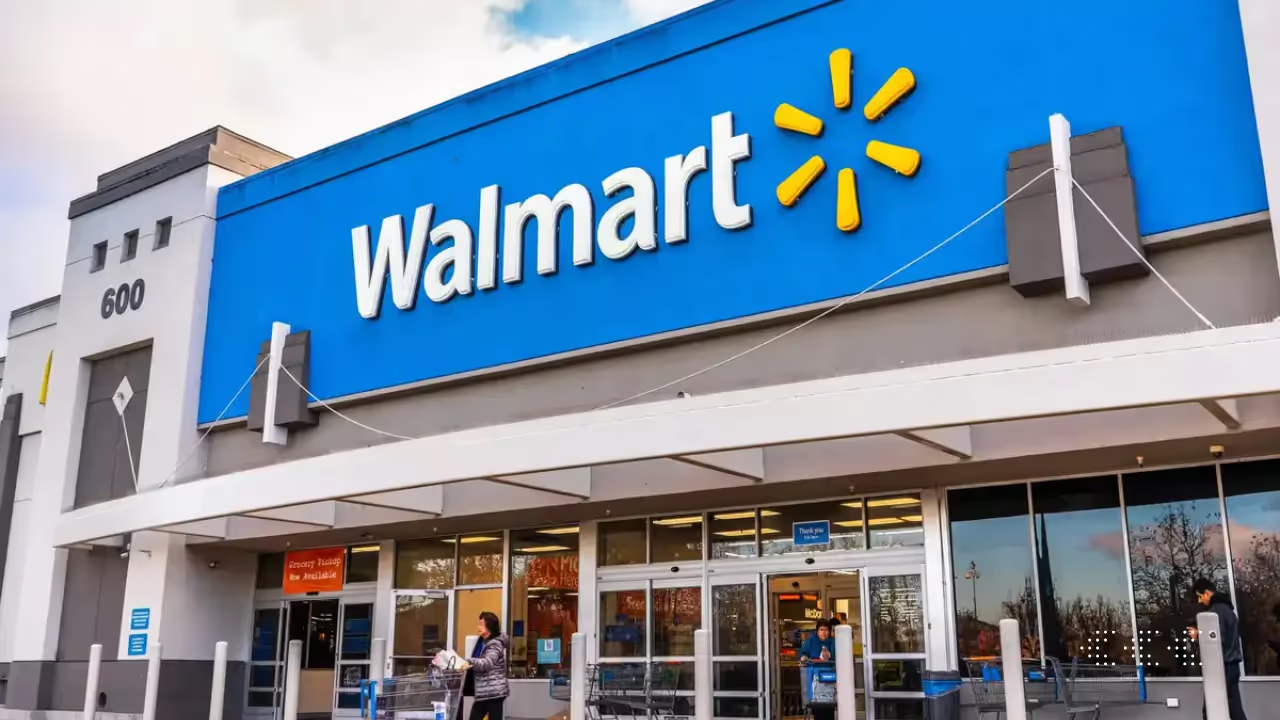
Walmart has emerged as a top performer with a brand value of $137.2 billion and a remarkable 42% growth rate. The retail giant's successful digital transformation and omnichannel strategy have allowed it to compete effectively against e-commerce challengers while leveraging its massive physical footprint. Walmart's ability to offer low prices, convenience, and increasingly sophisticated digital services has strengthened its position as America's largest retailer.
The brand's success lies in its understanding of price-conscious consumers and its ability to deliver value across multiple touchpoints. Walmart's investments in grocery pickup, delivery services, and e-commerce capabilities have created a seamless shopping experience that bridges online and offline retail.
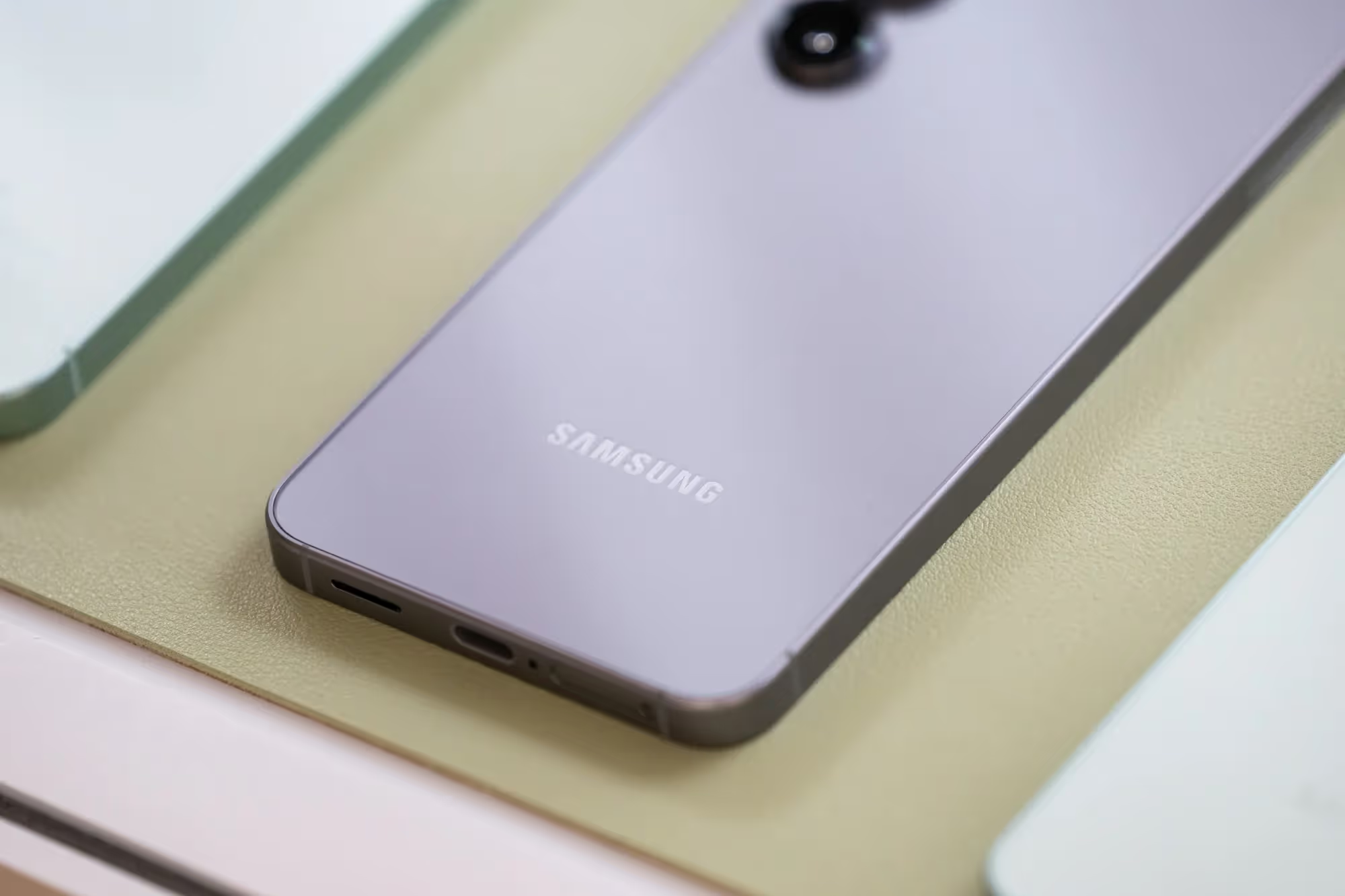
Samsung's brand value of $110.6 billion with an 11% increase reflects its position as a global technology innovator across multiple product categories. The South Korean conglomerate's success stems from its vertical integration capabilities, allowing it to control every aspect of production from components to finished products. Samsung's leadership in semiconductors, displays, and mobile devices creates competitive advantages that few competitors can match.
The brand's portfolio spans consumer electronics, mobile devices, home appliances, and enterprise solutions.
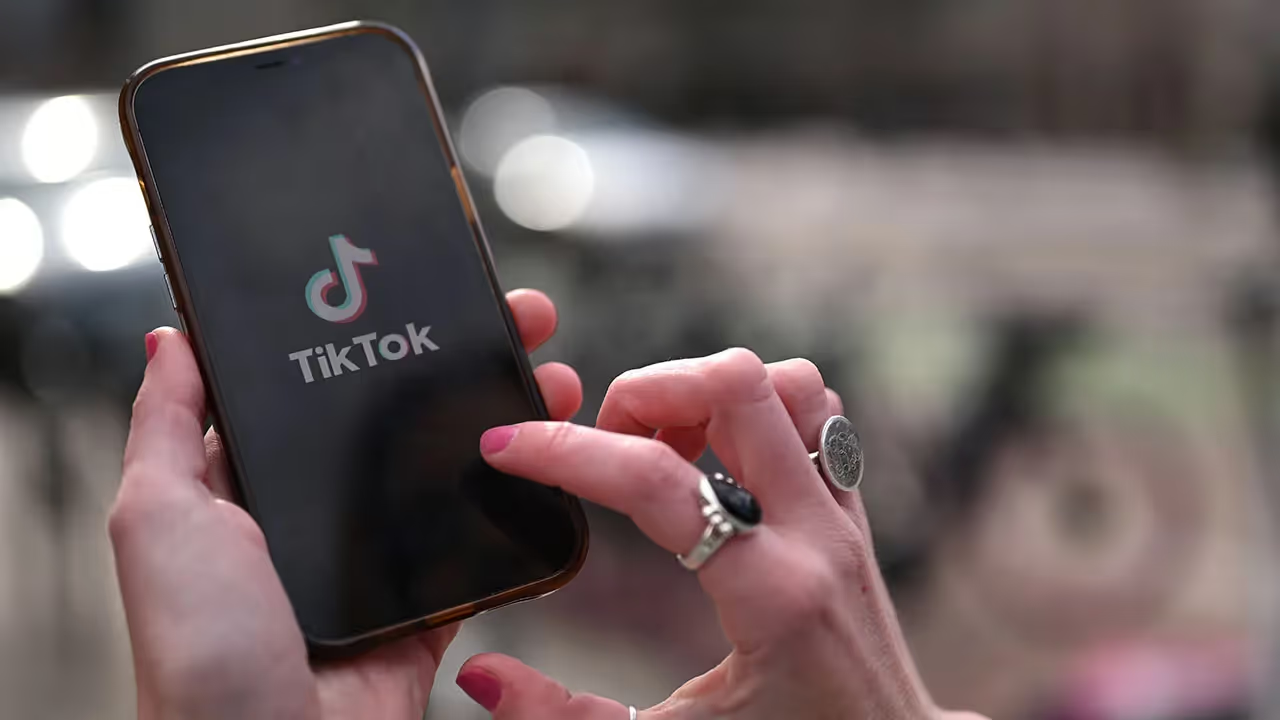
TikTok has achieved a remarkable brand value of $105.8 billion with 26% growth, making it one of the most successful social media platforms in history. The Chinese-owned app's algorithm-driven content discovery and short-form video format have captured the attention of younger demographics worldwide. TikTok's ability to create viral trends and influence popular culture has made it indispensable for brands seeking to reach Gen Z and millennial audiences.
The platform's success lies in its understanding of mobile-first content consumption and its ability to make anyone a potential content creator. TikTok has democratized entertainment and created new opportunities for businesses, influencers, and creative individuals. TikTok has been banned in some countries but doesn’t mean the app is going to stop its momentum anytime soon!
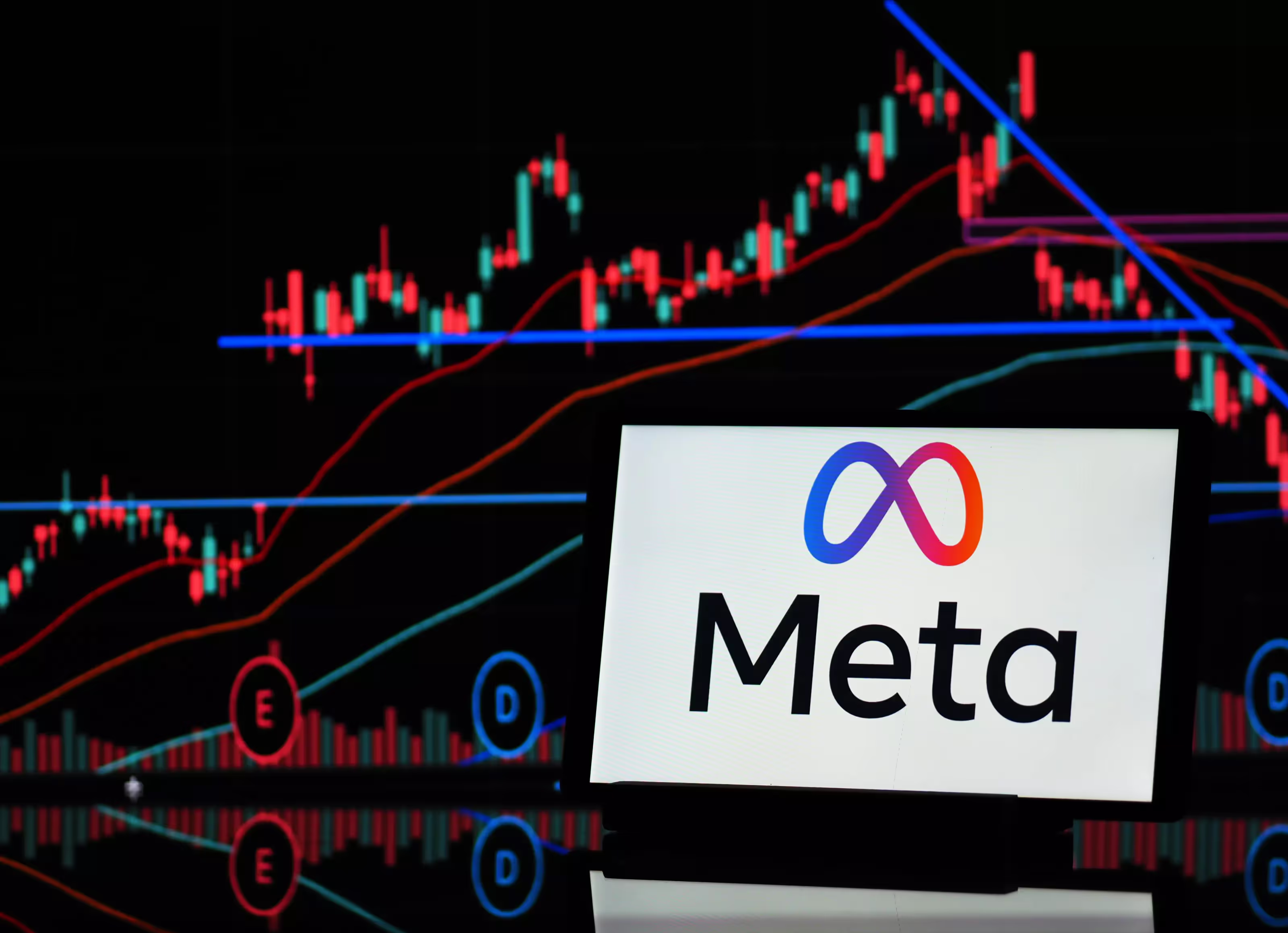
Meta recorded a brand value of $91.5 billion despite facing numerous challenges including regulatory scrutiny and competition from newer platforms. The company's massive user base across Facebook, Instagram, WhatsApp, and Messenger creates unparalleled reach and advertising opportunities. Meta's investments in the metaverse and virtual reality demonstrate its commitment to defining the next generation of digital interaction. Meta was known as Facebook before and very popular in the advertising segment. Facebook was one of the world’s most popular social networks out there.
Zuck is currently busy assembling Meta’s Superintelligence team so we can expect more great things from the brand pretty soon! It may just beat OpenAI if researchers stay, because the pay is good.
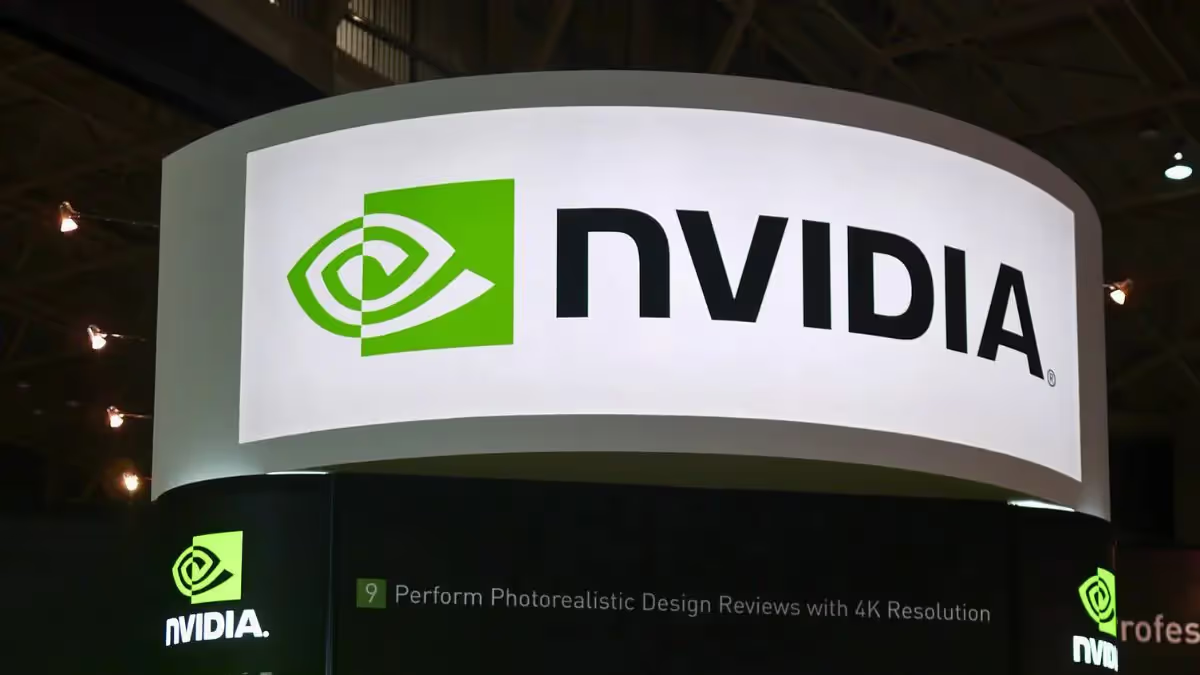
NVIDIA has achieved the most spectacular brand value growth, reaching $87.9 billion with an unprecedented 98% increase. The semiconductor company's dominance in artificial intelligence chips and graphics processing units has made it essential to the AI revolution. NVIDIA's hardware powers everything from gaming computers to data centers running advanced AI applications.
The brand's success stems from its early recognition of AI's potential and strategic positioning in the semiconductor industry. NVIDIA's chips are crucial for machine learning, autonomous vehicles, cryptocurrency mining, and high-performance computing applications. The company's ability to innovate continuously while maintaining strong relationships with technology partners has created significant competitive moats.
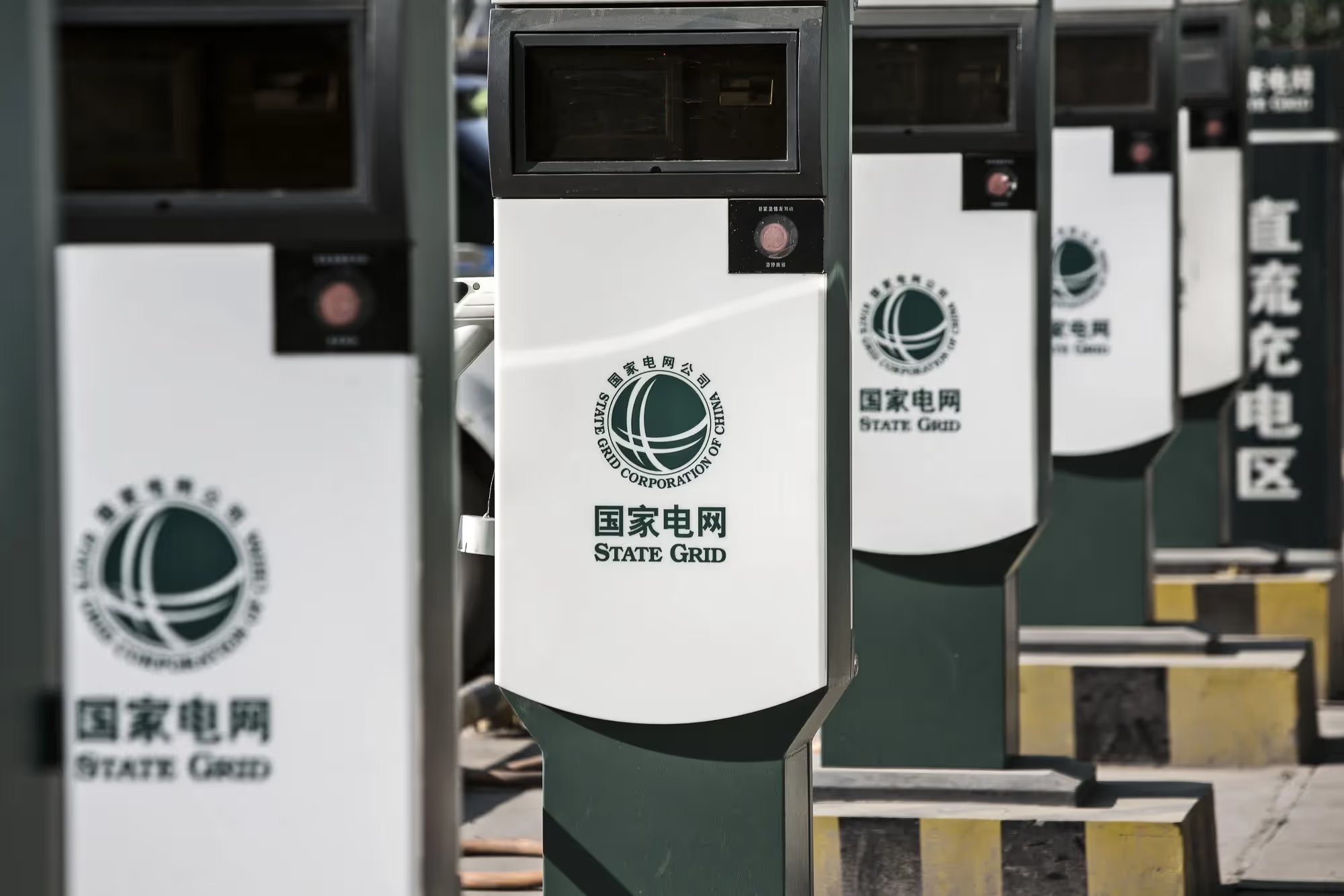
State Grid Corporation of China, with a brand value of $85.6 billion and 20% growth, represents the growing influence of Chinese infrastructure companies. As the world's largest utility company, State Grid plays a crucial role in China's economic development and energy transition. The company's investments in smart grid technology and renewable energy infrastructure position it as a leader in the global energy transformation.
The brand's strength lies in its massive scale and strategic importance to China's economy. State Grid's technological innovations and international expansion demonstrate Chinese companies' growing capabilities in infrastructure development and management.
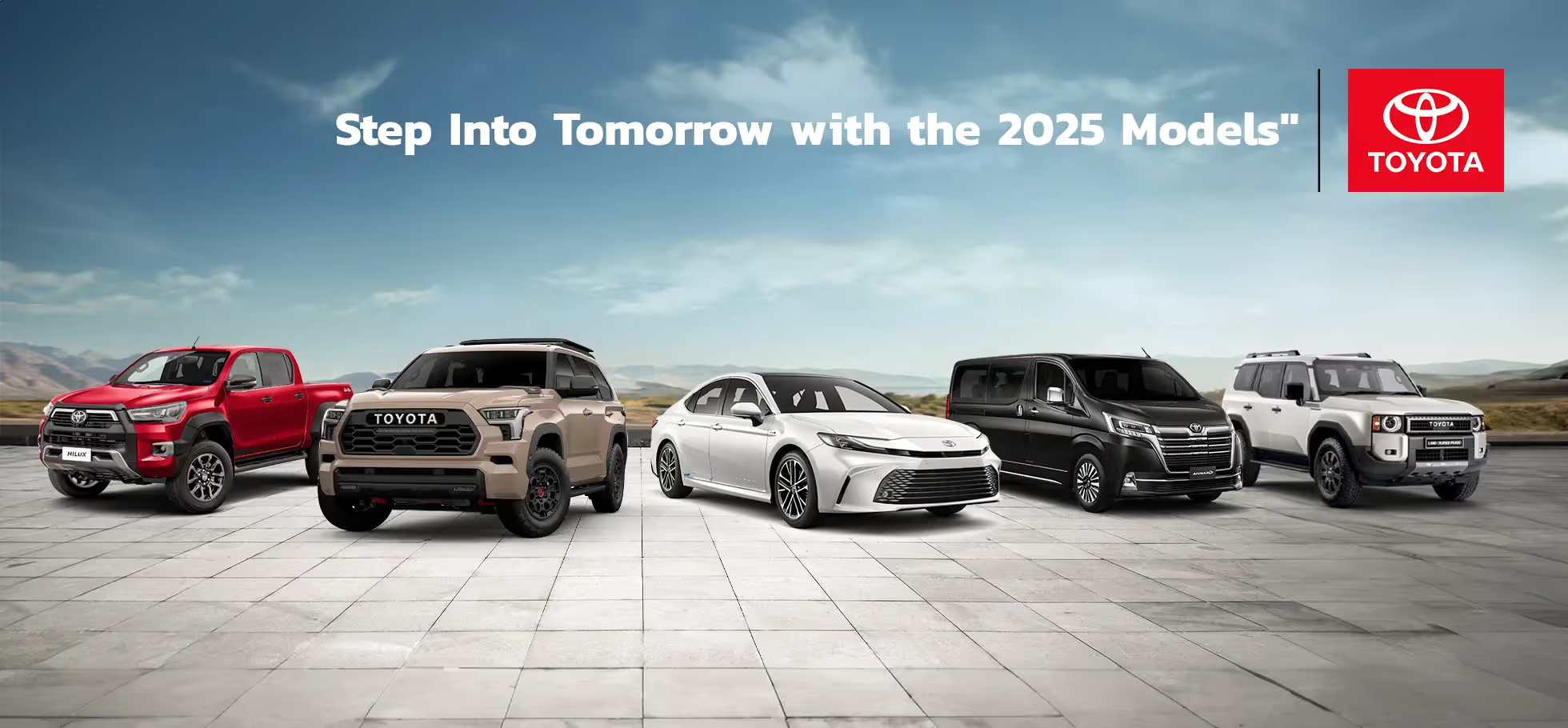
Toyota has reclaimed its position as the world's most valuable automotive brand with $64.7 billion in value and 23% growth. The Japanese automaker's strategic focus on hybrid technology has proven prescient as consumers seek fuel efficiency without the infrastructure challenges of fully electric vehicles. Toyota's reputation for reliability, quality, and innovation continues to drive customer loyalty worldwide.
Toyota’s success stems from its Toyota Production System, which emphasizes continuous improvement, quality control, and efficiency. Toyota's early investment in hybrid technology through the Prius created a foundation for its current leadership in electrified vehicles.
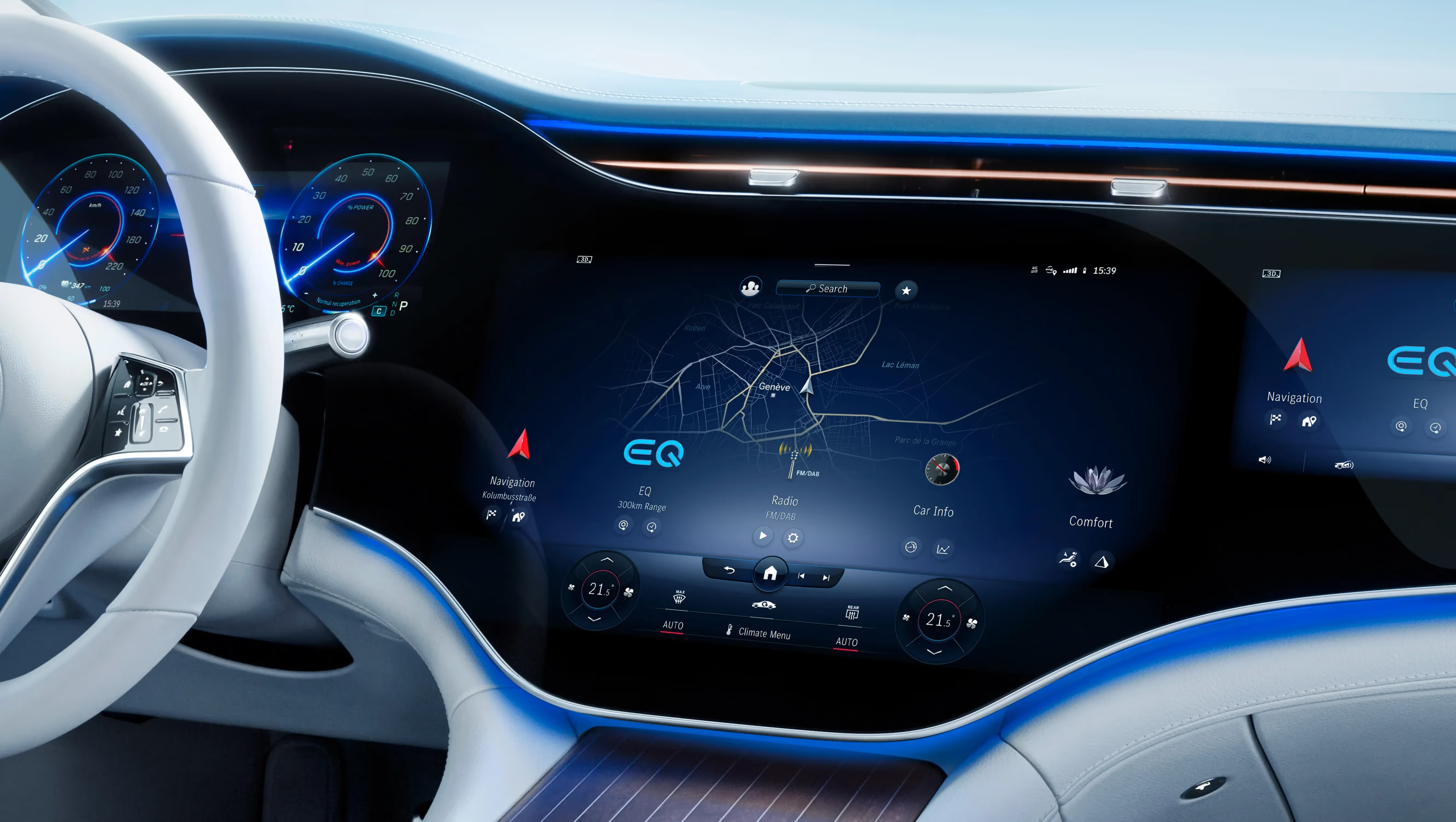
Mercedes-Benz, despite facing a 11% decline to $53.0 billion, remains a symbol of luxury, performance, and engineering excellence. The German automaker's challenges reflect broader difficulties in the premium automotive segment, including slower demand in key markets like China. However, Mercedes-Benz continues to lead in luxury vehicle innovation and maintains strong consumer perception scores.
Mercedes-Benz's commitment to electric mobility through its EQS and other electric models demonstrates its adaptation to changing consumer preferences. The brand's association with Formula 1 racing and luxury lifestyle continues to enhance its premium positioning.
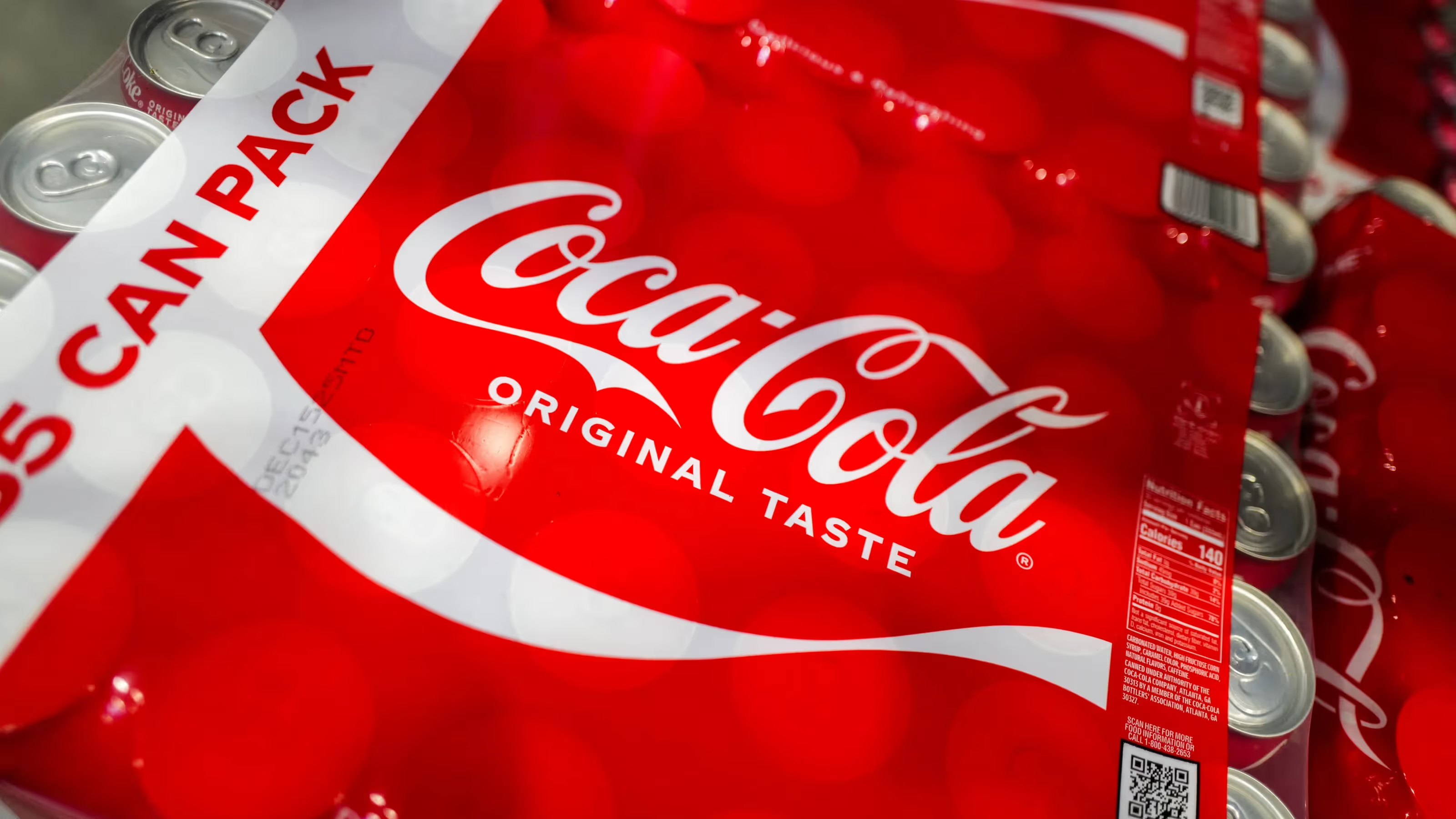
Coca Cola has been in the business of refreshing the world for over 138 years!
According to Coca-Cola’s first quarter 2025 results, its net revenues declined 2% to USD 11.1 billion. But its operating margin stayed at 32.9% and it's one considered one of the most valuable brands in the world in the nonalcoholic ready-to-drink (NARTD) beverages segment. Coca-cola is continuously improving its marketing, innovation, and revenue growth management strategies. We can expect serious improvements soon and it's known for its global distribution networks.
The company's total beverage portfolio spans 30 billion-dollar brands and it has a fairlife trademark which offers high-protein Core Power and Nutrition Plan and lactose-free ultra-filtered milk products which are gaining high popularity. Coke's recent success was in Simply, a premium juice brand that launched prebiotic sodas. Coca Cola's earnings per share grew 5% to USD 0.77 and cash flow in operations reached USD 5.2 billion in 2025. Its global unit case volume grew by 2%.
And who doesn’t love Coke? Coca-Cola has been coming up with healthier options these days combined with beautiful packaging and stunning marketing campaigns. After the recent Trump push, Coca Cola will soon launch a new coke with cane sugar. But don’t worry, if you are diabetic or watching your sugar control, you can opt for a Coke Zero or Diet Coke. They’ve got different flavours too (like Vanilla!).
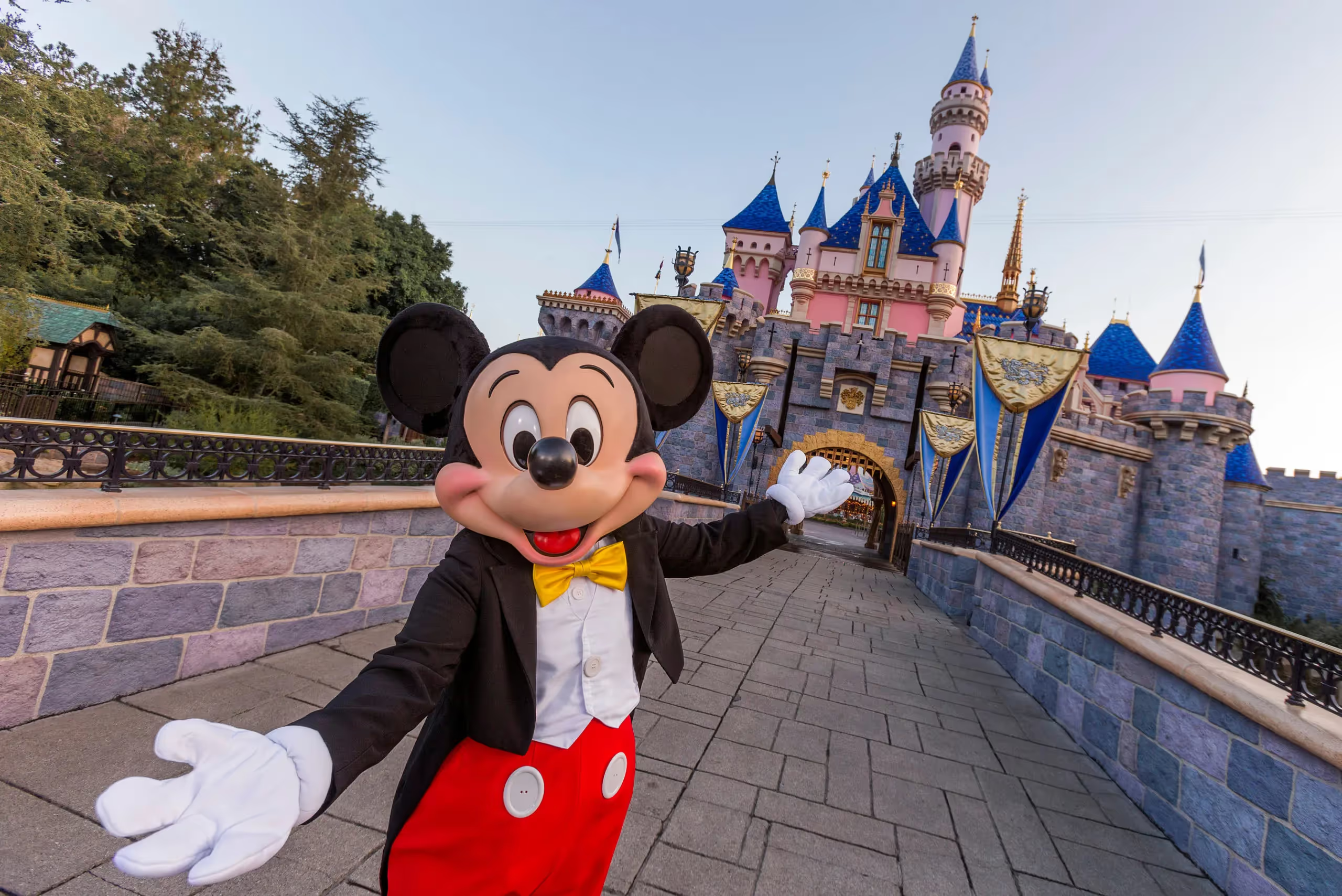
Disney, with a brand value of $44.8 billion despite a 4% decline, remains a dominant force in entertainment and family experiences. The company's challenges reflect broader streaming industry dynamics and increased competition. However, Disney's unmatched content library, theme park experiences, and merchandising capabilities continue to create unique value propositions.
The brand's magic lies in its ability to create beloved characters and stories that transcend generations. Disney's theme parks are amazing. They are experiences everyone loves signing up for, ones that are simply memorable. You can’t get that from other theme parks. Disney also offers video streaming services that include exclusive content which drives subscriber loyalty.
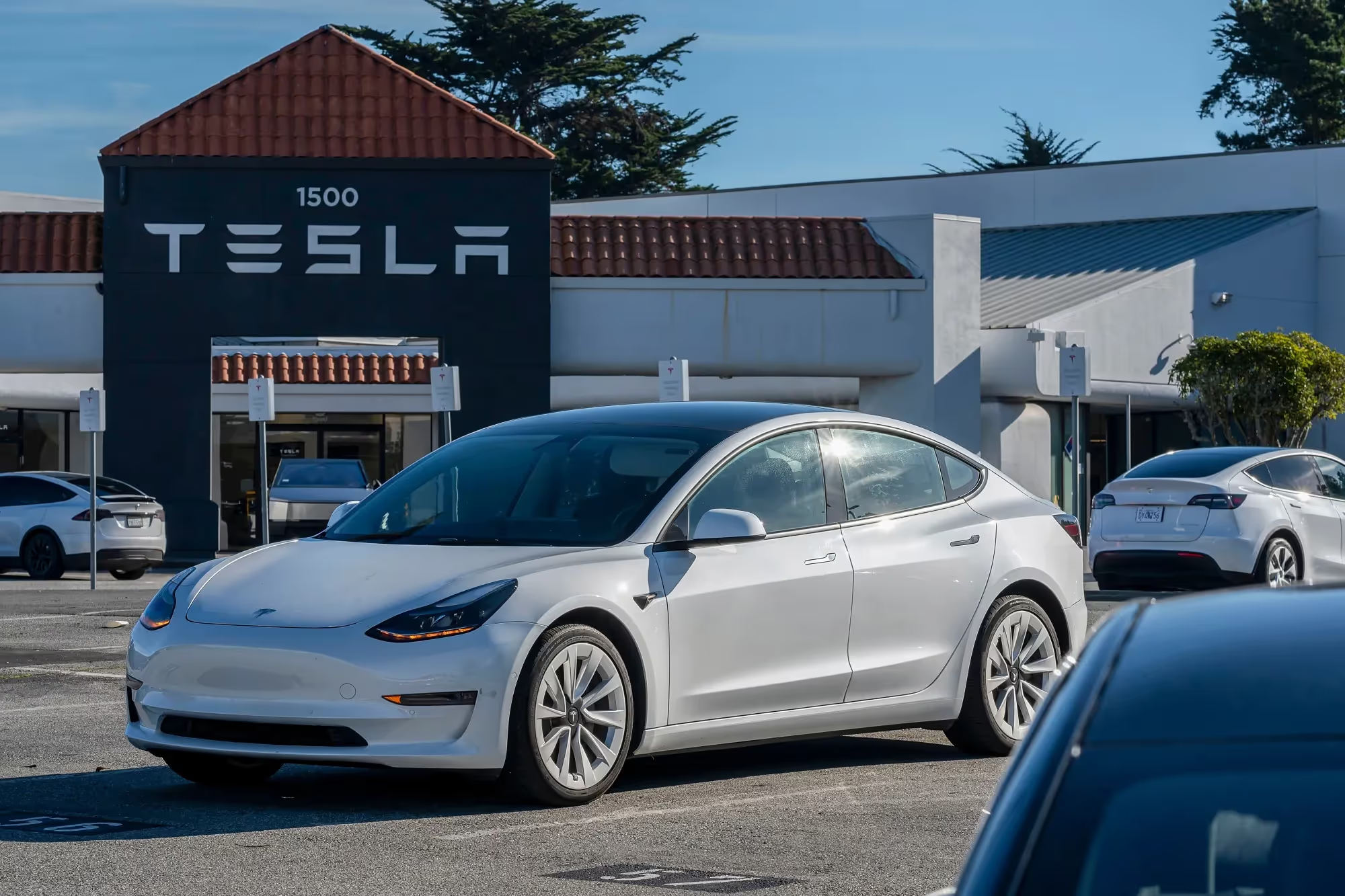
Tesla’s worldwide revenue has been recorded to be USD 97.7 billion as of the first half of 2025. Although Elon Musk has strained his relationship with Trump and the tariffs hit his company, the electric vehicle manufacturer hasn’t given up or fallen behind. Tesla is deemed to be one of the most valuable brands in the world in the EV category. If you’re a fan of autonomous or self-driving cars, you’ll know that it operates at a quarterly margin of 336.7k for its vehicle deliveries. Tesla’s team is hardworking, smart, and filled with talented professionals which is one of the biggest reasons behind its success. And it may just be pushing its stocks to Japan soon as a new growth opportunity move.
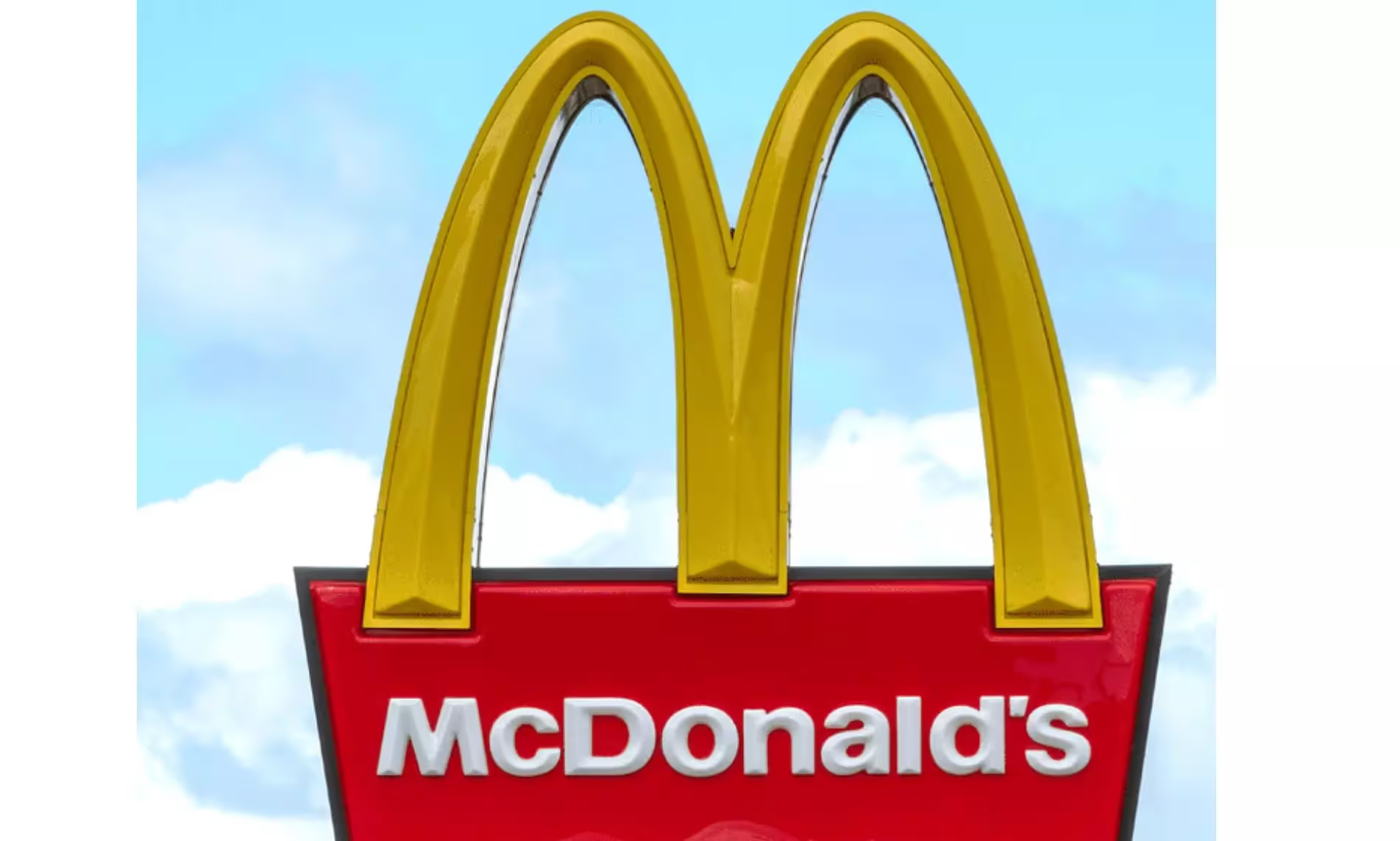
McDonald's has become the world's most valuable restaurant brand with $40.5 billion in value and 7% growth, overtaking Starbucks for the first time since 2016. The fast-food giant's success stems from operational improvements, menu innovations, and strategic investments in technology and customer experience. McDonald's golden arches remain one of the most recognizable symbols globally.
Wall Street reported that McDonald’s Snack Wrap Rollout was a big hit among consumers. After years of customer requests, the brand obliged. McDonalds connects with its customers and actually listens to them. And with tie-ups with apps like Swiggy, Zomato, DoorDash, and other food delivery platforms, it’s pretty popular among fast food lovers. There are some healthy options on the menu but everyone loves a McFlurry once in a while. McDonald’s exceptional customer service combined with its global standards, mobile ordering, and other services, have greatly improved customer satisfaction. The happy meals and combos are icing on the cake.
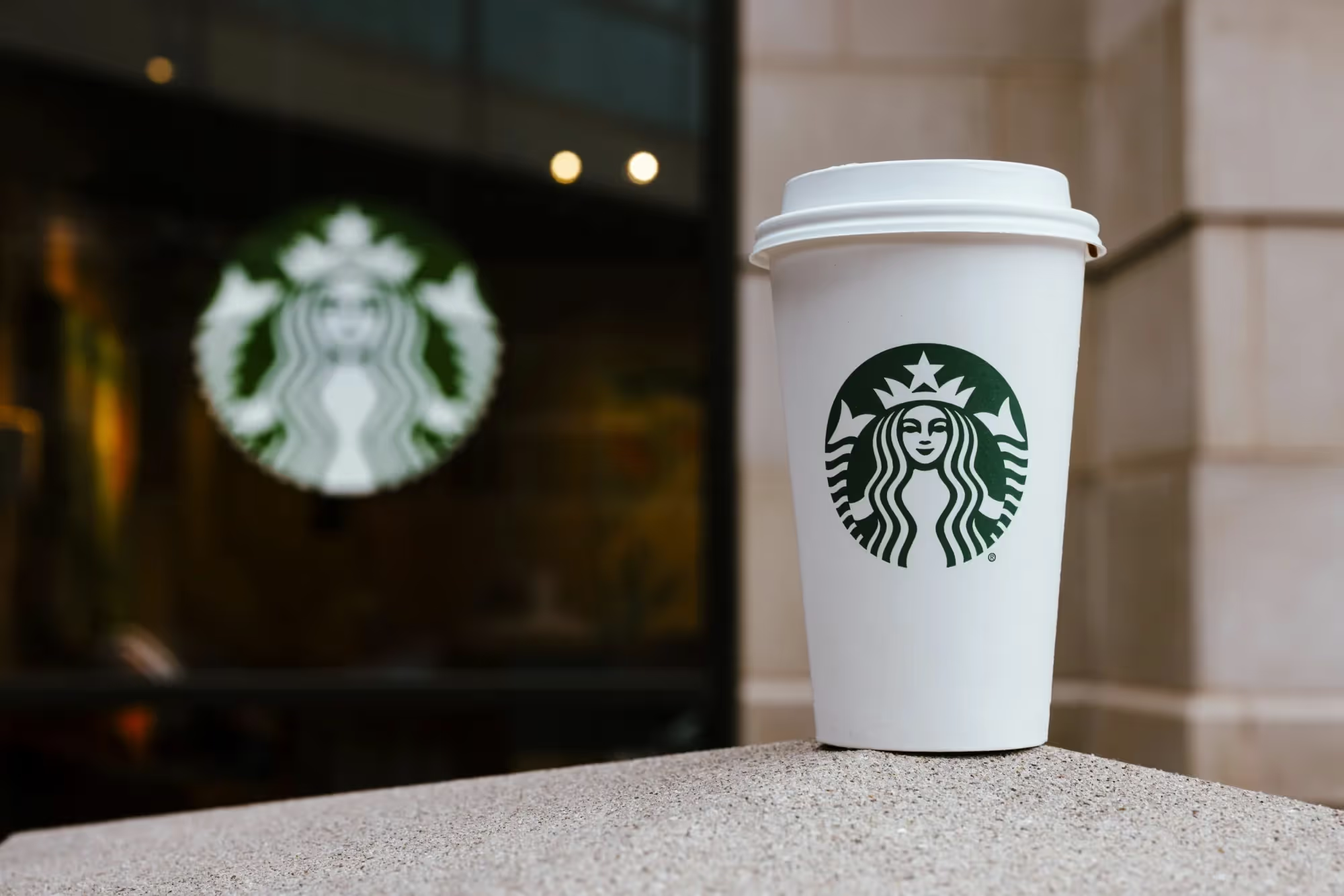
Starbucks has faced significant challenges, with its brand value declining 36% to $38.8 billion. The coffee chain's struggles reflect customer dissatisfaction with pricing strategies, service quality, and leadership changes. However, Starbucks' global presence and brand recognition in premium coffee remain substantial assets.
Starbucks' mobile app and loyalty program continue to drive customer engagement, while its expansion into new markets and product categories demonstrates growth potential. The company's commitment to sustainability and social responsibility aligns with modern consumer values.
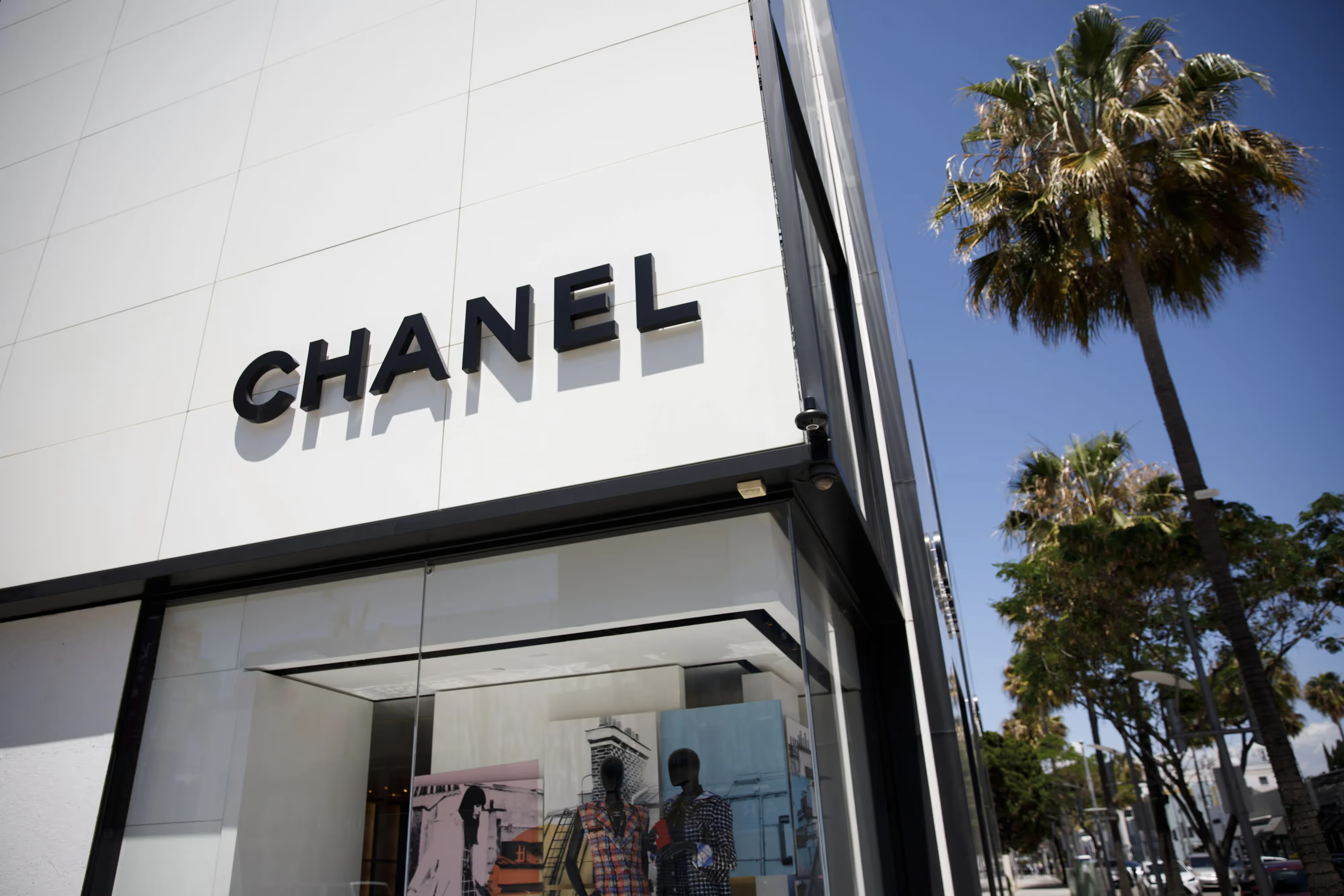
Chanel has achieved remarkable success with a brand value of $37.9 billion and 45% growth, making it the fastest-growing luxury brand. The French fashion house's success reflects strategic brand management, creative excellence, and careful control of exclusivity. Chanel's No. 5 perfume centennial celebration and new flagship store openings have enhanced brand visibility and desirability.
Chanel's integrated approach across fashion, fragrance, and accessories creates multiple touchpoints for customer engagement. The appointment of new creative leadership and strategic market expansion demonstrate the brand's commitment to continued growth while preserving its exclusive positioning.

Louis Vuitton maintains its position as a luxury leader with a brand value of $32.9 billion and modest 2% growth. The LVMH flagship brand continues to represent the pinnacle of luxury goods, combining heritage craftsmanship with contemporary design. Louis Vuitton's iconic monogram and leather goods remain highly coveted status symbols worldwide. Louis Vuitton's collaborations with artists and designers create buzz while preserving brand prestige. It also opened up in Shanghai with an Oma design exhibition. Louis is one of the most valuable brands in the world in the realm of luxury fashion. It stays true to its core values and is guided by its mission of being passionate about creativity. We can expect to see continued organic review growth by the brand and record strong performance with its fragrances.
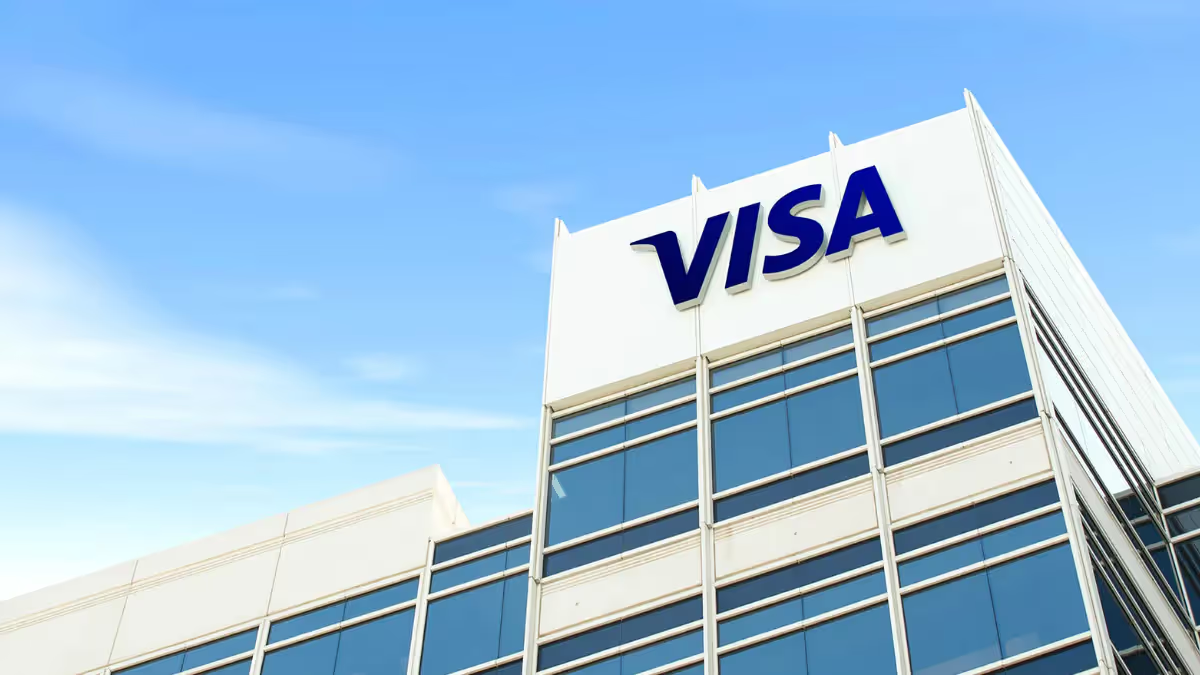
Visa Corporate concludes our list with a brand value of $189.0 billion and 12% growth, making it the most valuable financial services brand globally. The payment network's ubiquity and reliability have made it essential to global commerce. Visa's investments in digital payments, artificial intelligence, and fraud prevention continue to strengthen its market position.
Visa's ability to facilitate secure, fast transactions across borders and currencies creates value for all stakeholders. The company's innovations in contactless payments, digital wallets, and emerging payment technologies ensure continued relevance in evolving financial services landscapes.
The most valuable brands rankings reveal a world where technological innovation, consumer trust, and strategic adaptation determine success. These brands have mastered the art of balancing global reach with local and international relevance, premium positioning, and accessibility. They also blend traditional values with modern innovation which is how they win customers’ hearts.
As markets continue to evolve and consumer preferences shift, these industry leaders demonstrate that sustainable brand value comes from understanding customer needs, delivering consistent quality, and maintaining the courage to innovate while preserving core brand identity.